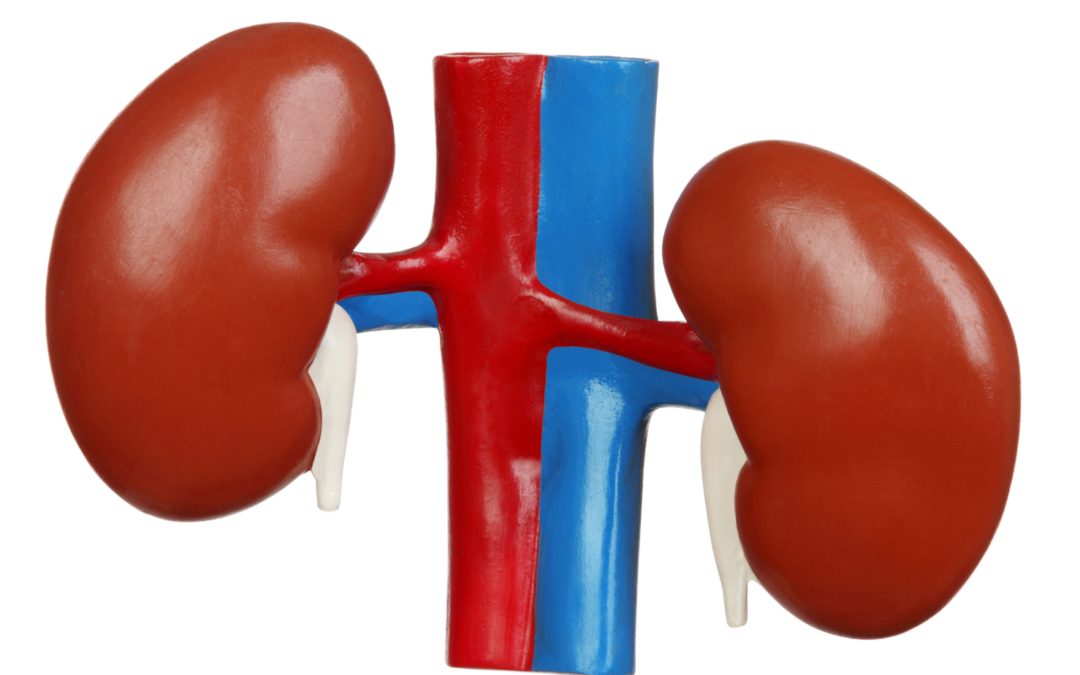Nephrotic Syndrome is a kidney disorder that causes a buildup of protein in the body. This protein can damage the kidneys and lead to severe illness. The immune system is the body’s primary defense against disease, and it contains cells that are specialized for fighting infection and other foreign substances. In this article, we will explore how the immune system affects Nephrotic Syndrome.
What is Idiopathic Nephrotic Syndrome?
Idiopathic nephrotic syndrome (IPS) is a condition in which the kidneys fail to filter waste products from the blood. The cause of the condition is unknown, although some experts believe that it may be caused by an immune reaction to a virus.
Symptoms of Idiopathic Nephrotic Syndrome
The most common symptoms include:
- Fatigue
- Muscle cramps or pain
- Loss of appetite or anorexia (lack of desire to eat)
- Dark urine
- Swollen feet and hands
What Causes Idiopathic Nephrotic Syndrome?
Idiopathic nephrotic syndrome is an autoimmune disease that affects the kidneys. The immune system attacks the cells of the kidney, causing inflammation and damage to the organ.
Several different factors can contribute to this disease, including genetics, age, race, gender, and other environmental factors.
The cause of the idiopathic nephrotic syndrome remains unknown but it is believed that certain people are more likely to develop it than others.
What are the Signs & Symptoms of Idiopathic Nephrotic Syndrome?
The Signs & Symptoms of Idiopathic Nephrotic Syndrome include:
– Mild to severe pain in your abdomen
– Blood protein in your urine (albumin)
– Painful urination
– A feeling of fullness after eating or drinking
How is it Diagnosed and Treated?
It’s important to know the symptoms of the idiopathic nephrotic syndrome because they can be hard to distinguish from other diseases. The most common symptom is that of protein in the urine, but it’s also common for your doctor to find a significant decrease in kidney function or swelling around the kidneys.
If you have any questions about what might be causing your symptoms, ask your doctor or nephrology specialist about it. It’s important to get a second opinion before making any decisions about treatment or diagnosis, but don’t wait too long—the longer you wait, the harder it will be for your kidney function to return to normal.
Conclusion: How the Immune System Affects the Kidneys and Can Lead to IDN
If you want to avoid IDN and its consequences, there are a few lifestyle changes that you can make. This article goes over how the immune system interferes with the kidneys, and how to mitigate these negative immune effects.

